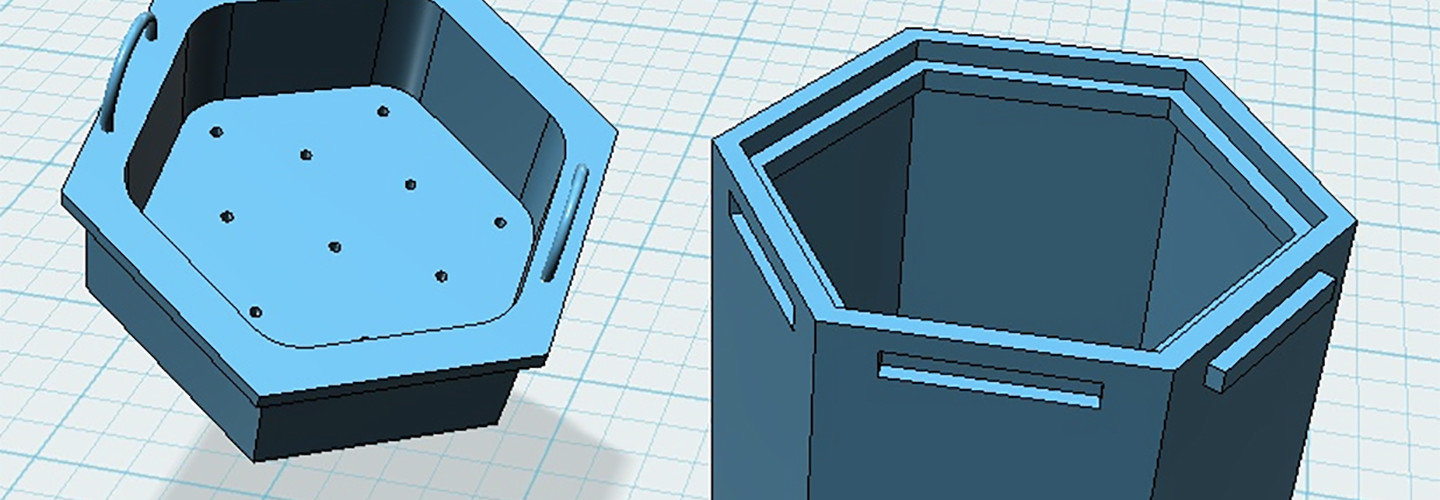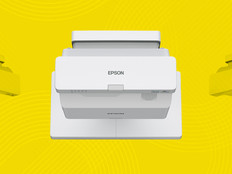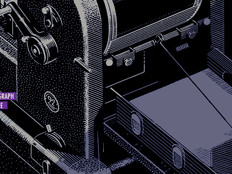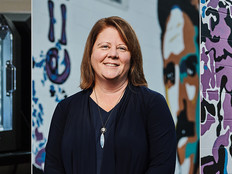K-12 Students Make Science Fiction a Reality with 3D Printing
When the astronauts of the future require a replacement part, 3D printers will step in to fill the void. And thanks to the Star Trek™ Replicator Challenge, the students of today will understand that process first-hand.
The Future Engineers challenge — named after a piece of Starfleet technology that generates matter at the push of a button — asks K-12 students to design 3D printable objects that will allow deep-space travelers of the year 2050 to eat nutritious meals during their journeys.
With the May 1 contest deadline looming, entrants are giving her all she’s got: Students from across the country have submitted everything from farming and harvesting solutions to food-storage containers. And NASA, which launched the challenge in partnership with Star Trek and the American Society of Mechanical Engineers (ASME) Foundation, foresees real-world applications for these sorts of innovations.
“Sustainability will be a critical aspect of long-duration space missions and will require off-planet manufacturing technologies to create all of the items our future astronauts need,” Niki Werkheiser, NASA’s in-space manufacturing manager, said in a statement.
The crew of the International Space Station already manufactures small tools using a zero-gravity 3D printer installed on the station in 2014. A second-generation model came aboard in March, and NASA now hopes that the ability to transmit digital designs will reduce the need to ship physical hardware through space, a process that the space agency says costs about $10,000 per payload pound.
ISS Expedition 42 Cmdr. Barry Wilmore holds up a 3D-printed ratchet wrench. Photo: NASA
As for the students participating in the Replicator Challenge, their goal is to take home the grand prize: a trip to New York City, where they’ll see the Space Shuttle Enterprise up close. All eight finalists will also win a MakerBot Replicator Mini Compact 3D Printer for their schools.
“While the Replicator concept from Star Trek is still science fiction, MakerBot Replicator 3D Printers have made 3D printing a reality for thousands of schools around the world,” MakerBot CEO Jonathan Jaglom said in a statement. “3D printing helps inspire the innovators of tomorrow by allowing students to come up with an idea and make it real.”
Or, as Capt. Jean-Luc Picard would say, “Make it so.”








